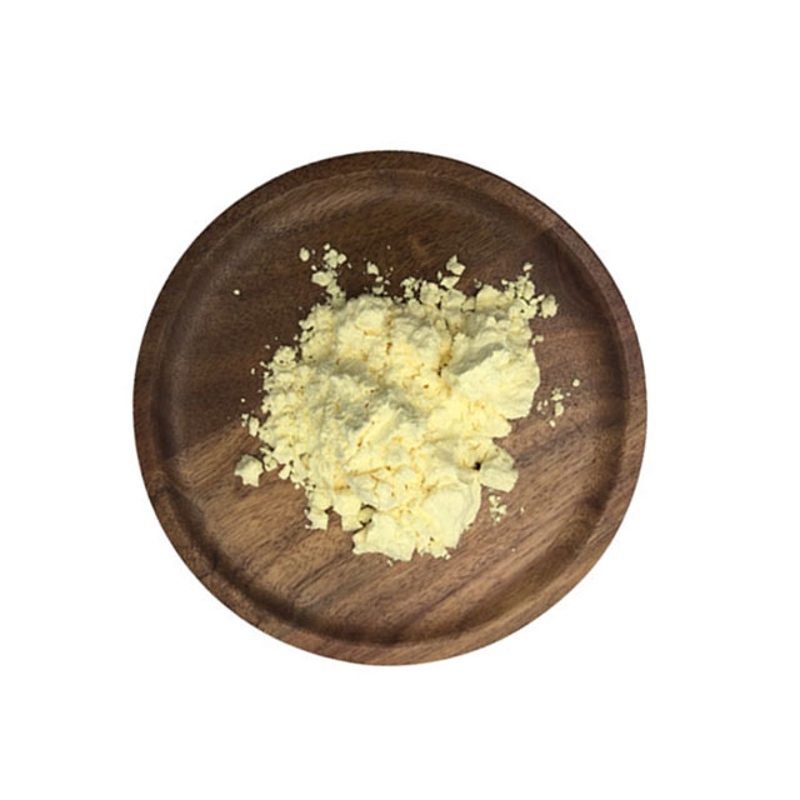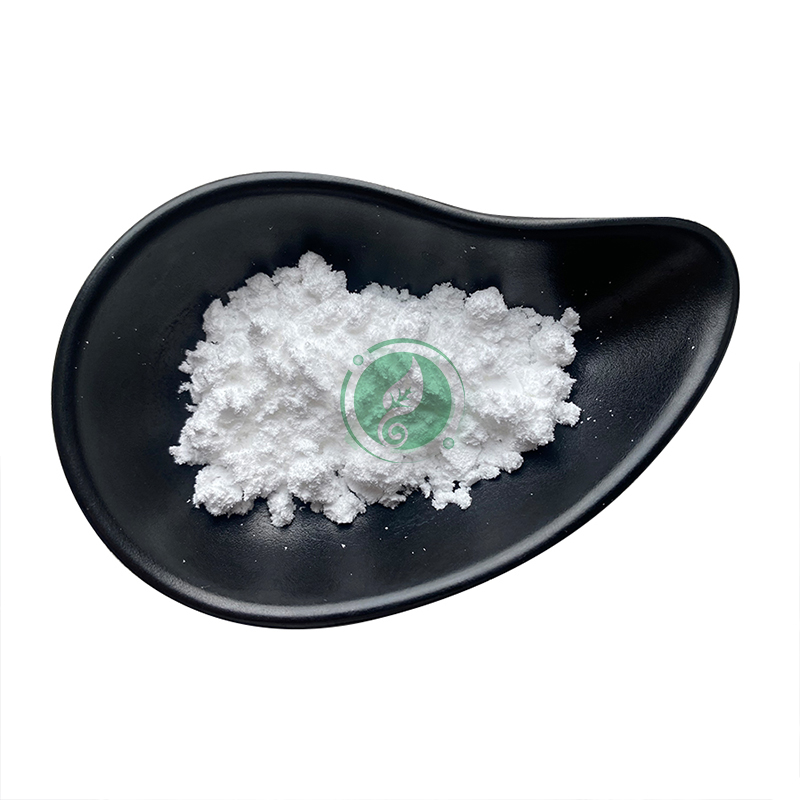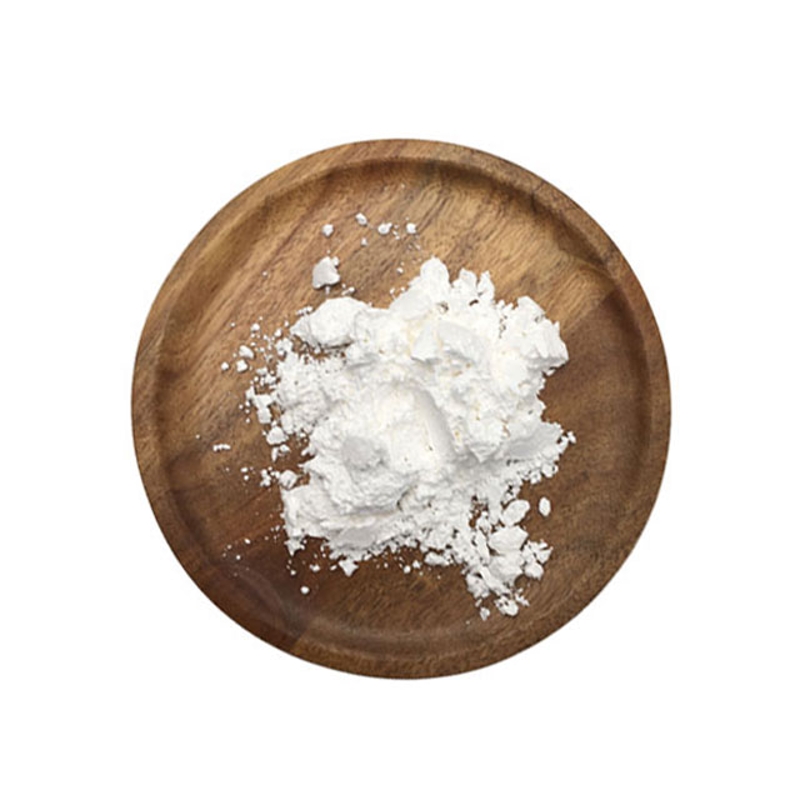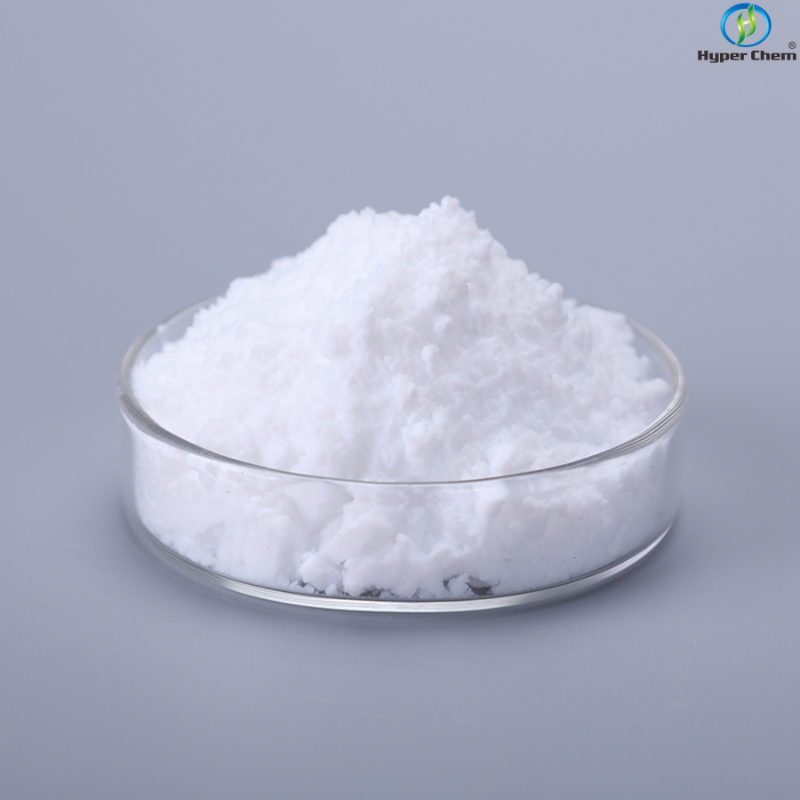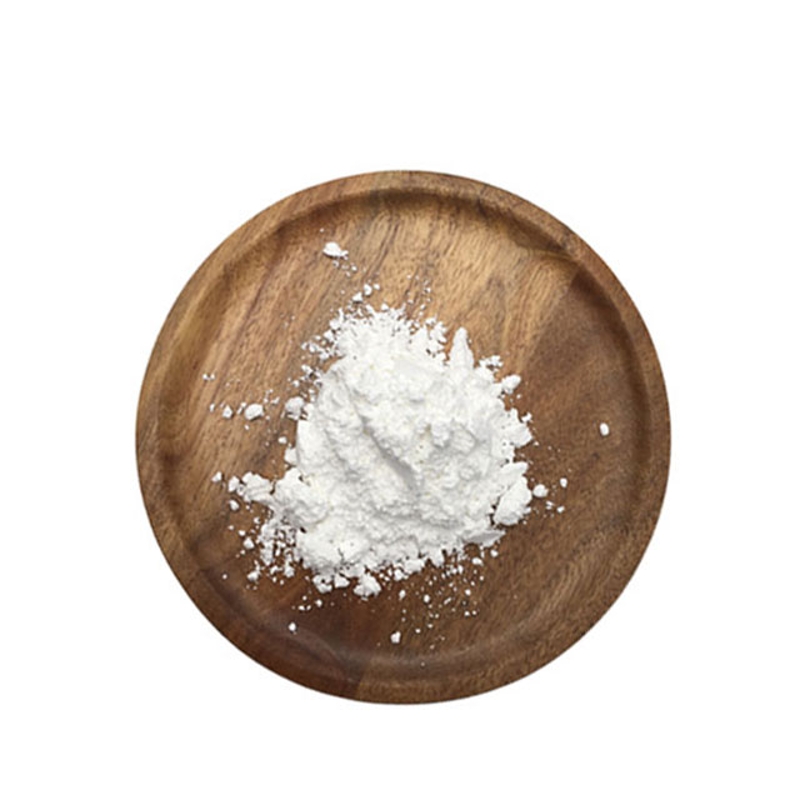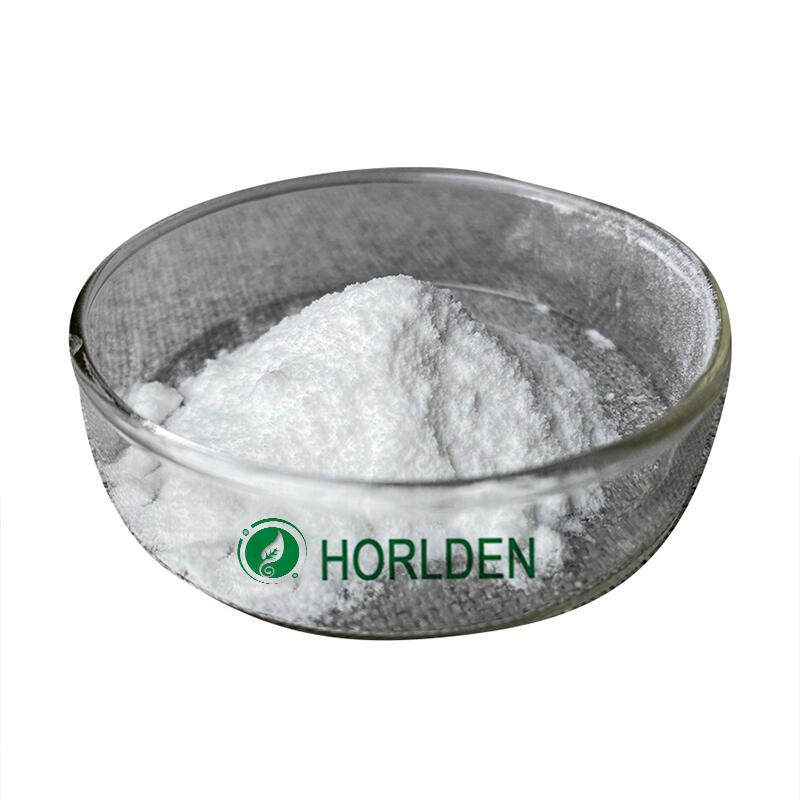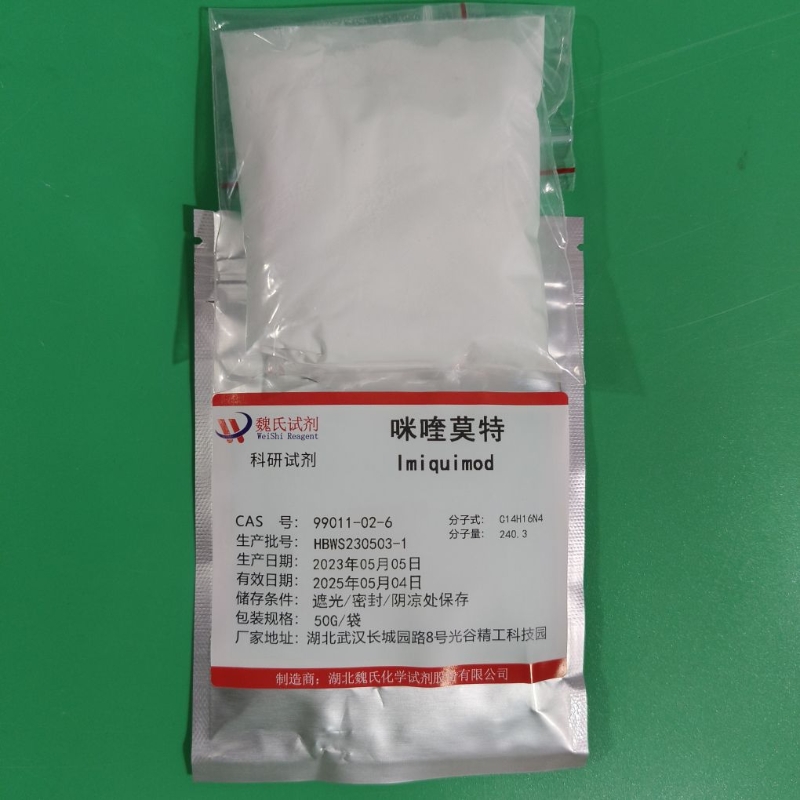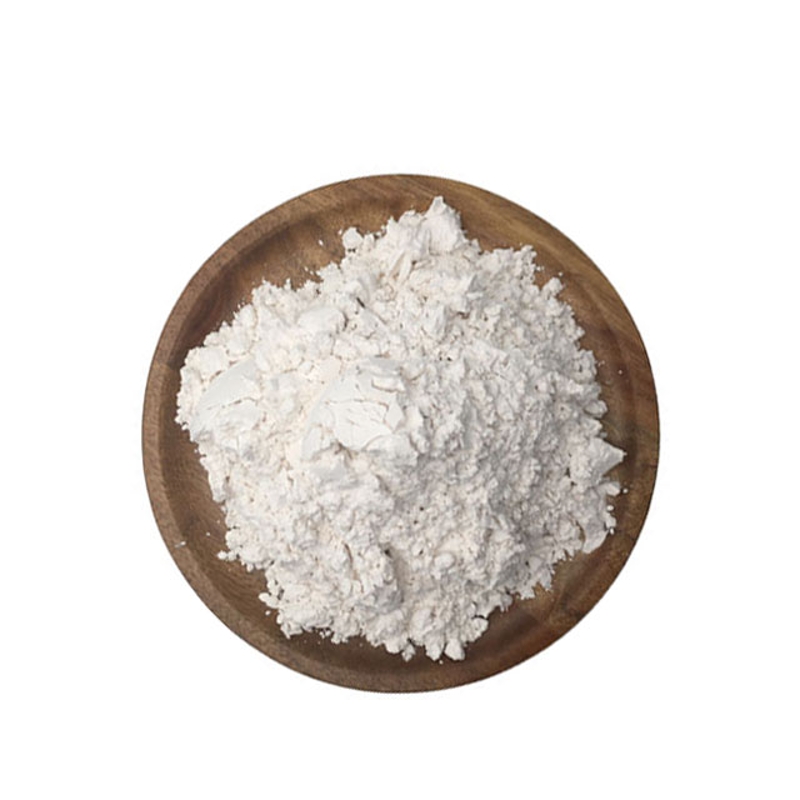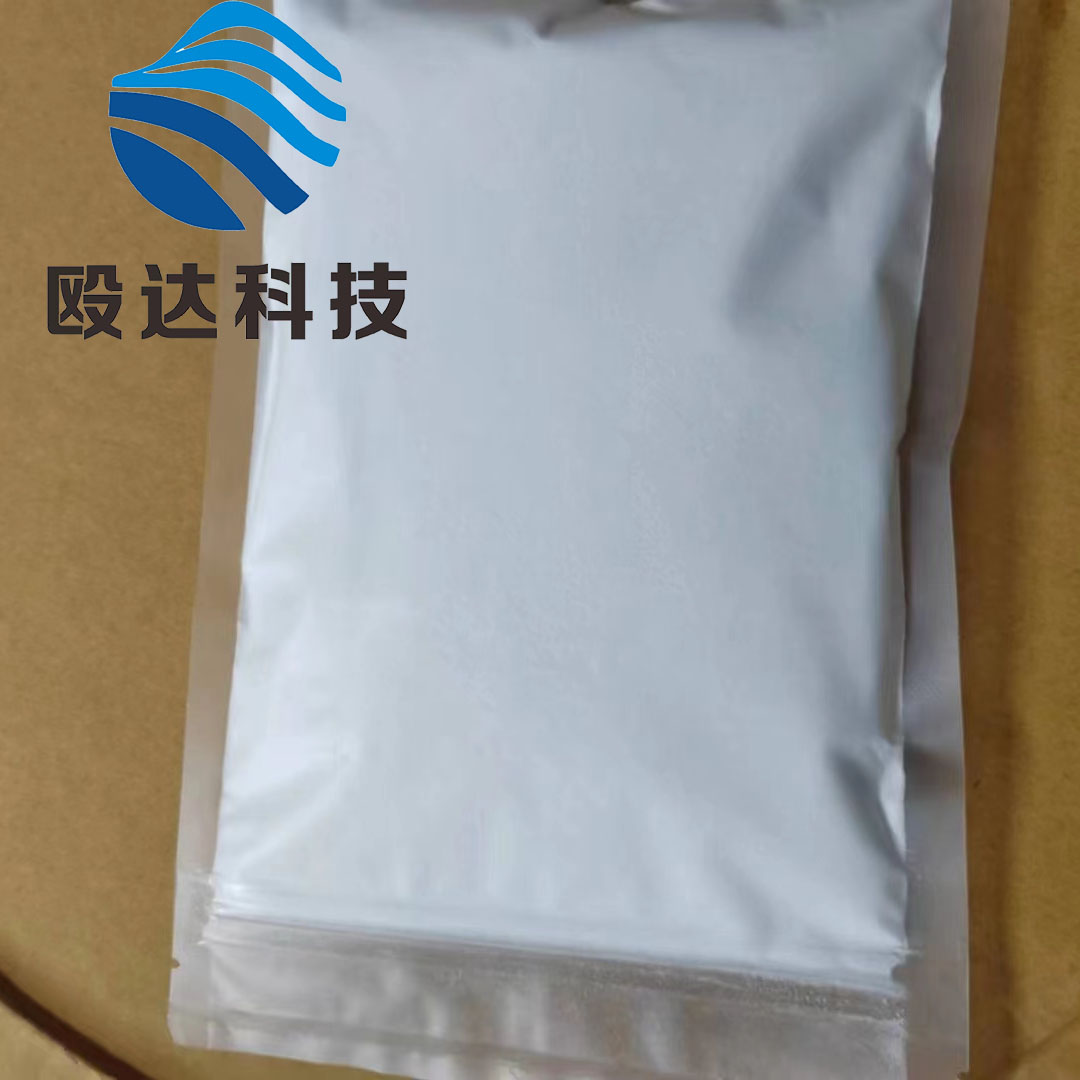Active Pharmaceutical Ingredients
- • Respiratory Drugs (112)
- • Hormones and the Endocrine System (273)
- • Antipyretic Analgesics (165)
- • Antiallergic Drugs (103)
- • Antiparasitic Drugs (127)
- • Antibiotics (530)
- • Antineoplastic Agents (287)
- • Anesthetic Agents (79)
- • Urinary System Drugs (51)
- • Other Chemical Drugs (913)
- • Synthetic Anti-infective Drugs (587)
- • Nervous System Drugs (345)
- • Fluid, Electrolyte, and Acid-base Balance (48)
- • Vitamins and Minerals Medicines (102)
- • Digestive System Drugs (194)
- • Blood System Drugs (85)
- • Circulatory System Drugs (410)
- • Diagnostic Agents (58)
- • Specialty Drugs (108)
- • Drug Metabolism (22)
- • Feed Additive (21)
- • Anti-stress Drugs (1)
- • Drugs Influencing Immune Function (14)
- • Veterinary Raw Materials (23)
- • Inhibitor Drugs (65)
Related News
Drugs Influencing Immune Function
Melatonin
(73-31-4)2. Sleep induction, modifies circadian rhythm, antioxidant, free radical scavenger
3. Immunostimulant;Melatonin receptor ligand
4. Hormone; mediates photoperiodicity in mammals; inhibits cerebellar nitric oxide synthetase; peroxynitrite scavenger. Melatonin has complex effects on apoptotic pathways, inhibiting apoptosis in immune cells and neurons but enhancing apoptotic cell de
-
Pharmacy Grade / 99%
-
Pharmacy Grade / 99%
-
Pharmacy Grade / 99%
$5/UNIT EXW
-
Pharmacy Grade / 99%
$60-70/UNIT FOB
Rapamycin
(53123-88-9)-
Pharmacy Grade / 99%
-
Pharmaceutical Grade / 99%
-
Pharmacy Grade / 99%
-
Pharmacy Grade / 99%
Request for quotation , get quotes from more suppliers.
Diacerein
(13739-02-1)-
Pharmacy Grade / 98%
-
Pharmacy Grade / 98%
$290-320/KG FOB
-
Pharmacy Grade / 99%
-
Pharmaceutical grade / 99%
Request for quotation , get quotes from more suppliers.
Everolimus
(159351-69-6)-
Pharmacy Grade / 99%
-
Pharmacy Grade / 99%
-
Pharmacy Grade / 99%
-
Pharmacy Grade; / 99.9%
$500-560/MT FOB
Imiquimod
(99011-02-6)-
Pharmacy Grade / 99%
-
Pharmacy Grade / 99%
-
Pharmacy Grade / 99%
-
Pharmacy Grade / 99%
Request for quotation , get quotes from more suppliers.
Source Drugs Influencing Immune Function Products Supply
Isoprinosine
(36703-88-5)-
Pharmacy Grade / 99%
-
Pharmacy Grade / 99%
-
Pharmacy Grade / 99%
-
Pharmacy Grade / 99%
Request for quotation , get quotes from more suppliers.
Mizoribine
(50924-49-7)-
Pharmaceutical Grade / 99%
$100/KG EXW
-
industrial Grade / 98%
-
![Mizoribine buy Mizoribine]()
-
![mizoribine buy mizoribine]()
Request for quotation , get quotes from more suppliers.
-
Pharmacy Grade / 99%
-
Pharmacy Grade / -
$59.67-67.13/UNIT FOB
-
Pharmacy Grade / 98%
-
Pharmacy Grade / 98%
Request for quotation , get quotes from more suppliers.
TNFR-Fc fusion protein
(185243-69-0)-
![Etanercept buy Etanercept]()
Industrial Grade / 99%
-
![TNFR-Fc fusion protein buy TNFR-Fc fusion protein]()
-
![TNFR-Fc fusion protein buy TNFR-Fc fusion protein]()
-
![Etanercept buy Etanercept]()
Request for quotation , get quotes from more suppliers.
RAT IL-2
(95568-40-4)-
![RAT IL-2 buy RAT IL-2]()
Industrial Grade / 99%
-
![RAT IL-2 buy RAT IL-2]()
-
![RAT IL-2 buy RAT IL-2]()
-
Request for quotation , get quotes from more suppliers.


















